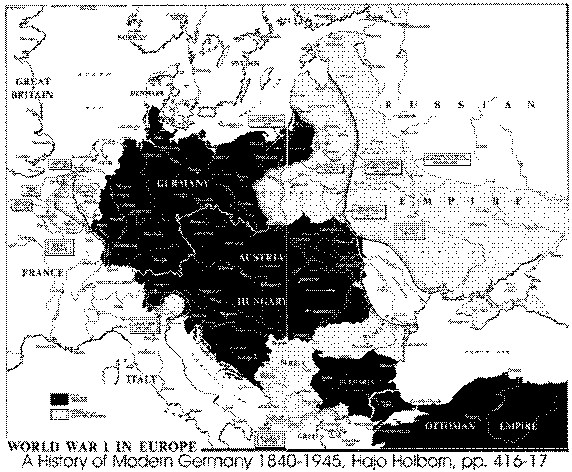(*) The crisis period begins with a financial crisis, or with the
first "surprise" event, and ends with resolution of the crisis war.
This is typically 5-15 years long, but sometimes runs to 20 years.
(*) The hero generation is the one that fought in the crisis war.
The birth years of the hero generation do not necessarily coincide
with the previous unraveling period (see below).
(*) The artist generation is the one that grows up during the crisis
period, but didn't fight in it. They are a risk-aversive generation,
which makes society risk-aversive during the unraveling period leading
up to the next crisis war.
(*) It's worth pointing out here that in the financial crisis /
crisis war model, there may be a division within the artist generation.
This is important in our current situation, because it's the
retirement of the depression artists that led to the stock market
bubble of the 90s, and the retirement of the WW II artists that's
leading to the current crisis war.
(*) The awakening period begins about 17 years after the end of the
crisis war. This is a fairly fixed period, because it's the time
that the prophets begin to reach college age.
(*) The prophets have no memory of the crisis war, but grow up during
the austerity (high) period following the war. The nomads grow up
during the awakening period. The prophets always eventually win the
awakening generational war, since the prophets always outlive the
heroes who imposed the rules. The nomads are sick of all the
bickering.
(*) The awakening period ends with some defining event - an internal
revolution that signals a prophet victory, or a crackdown that
signals a (temporary) hero victory. Like the crisis period, the
awakening period seems to last 5-15 years, though it may run to 20.
(*) So at this point we have a 5-15 year crisis period, a 17 year
austerity (high) period, and a 5-15 year awakening period. That adds
up to 27-47 years out of 80. I would resolve this by extending the
unraveling period backwards. However, it might be better to add
another period, a "post-awakening" period.
(*) However the unraveling period is defined, the next hero
generation starts about 20 years before the beginning of the next
crisis war. That means that we won't know who the next hero
generation is until the war actually starts.
As I said, the above are thoughts for making the generational definitions more precise. S&H themselves may have some thoughts about this, though I gather they've gone off and are just doing generational marketing consulting on millennials these days, and staying away from crisis war talk.
Originally Posted by William Jennings Bryan

